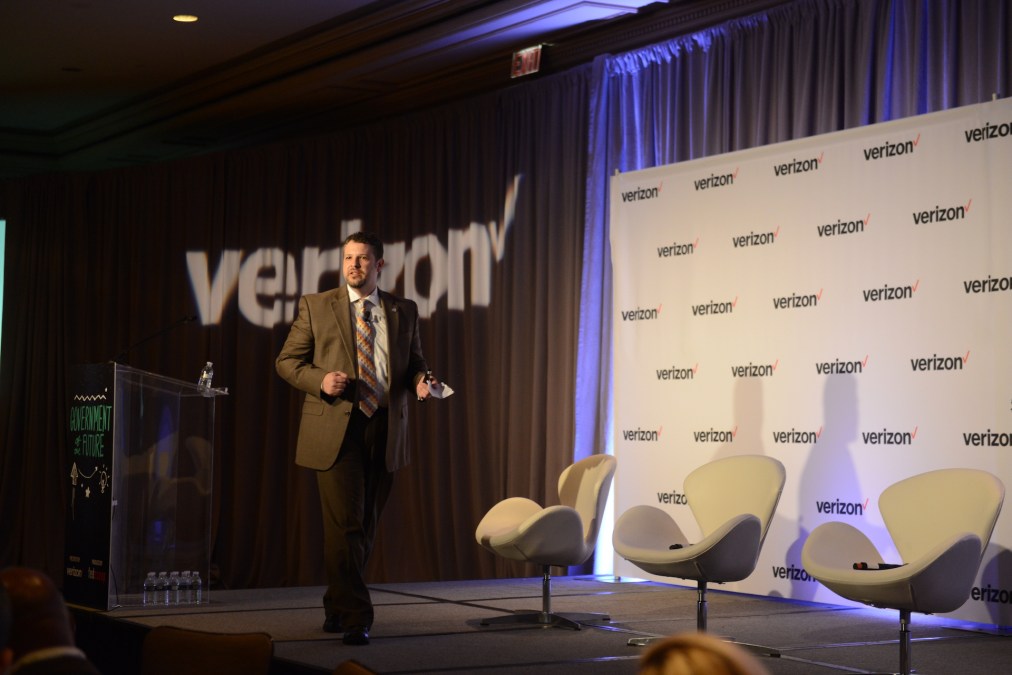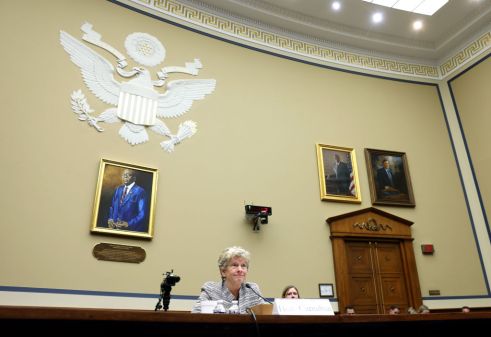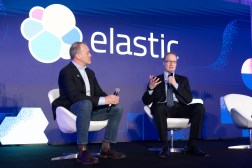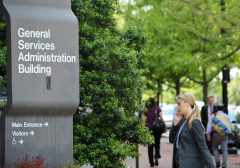GSA plans for success, hopes for few protests with feedback-friendly Alliant 2

Because the General Services Administration built the $50 billion Alliant 2 contract with industry feedback in mind, officials hope it can be the premier vehicle for emerging, innovative federal IT services and not another governmentwide contract derailed by protests.
“The Alliant 2 [governmentwide acquisition contract] will provide federal agencies with access to integrated IT solutions for evolving IT requirements anywhere in the world,” Bill Zielinski, deputy assistant commissioner for IT category management operations, said in a conference call with reporters Monday. “The master contract allows for the application of technology to meet mission and business needs — including innovative and emerging IT services — both today and well into the future.”
GSA awarded the massive IT contract to 61 vendors Nov. 18, following up on the success of the original Alliant, which it awarded in 2007 and will soon end. The small business version of the contract is set to be awarded before the close of the year, officials said Monday.
Zielinski said GSA geared the IT contract around better communication and engagement with industry using a self-assessment scorecard, which allowed contractors to evaluate their skills against Alliant 2’s proposed requirements and provide feedback.
“This is really a self-scoring methodology where we provided information to the contractor and gave them a complete rundown of the things that would be scored,” he said. “As they moved forward, we went back and reviewed what they provided. We used the highest technically rated fair and reasonable price evaluation scheme.”
Zielinski added: “That is what we are talking about at the end of the day: a streamlined process that allows for opportunity for those offerors to, in essence, score themselves and receive an evaluation on the backside.”
That includes their capability to provide emerging technology over the span of the five-year base contract, which includes a five-year option. Zielinski said that like its predecessor, Alliant 2 will feature on- and off-ramps for evaluating the IT solutions contractors offer, sometimes opting for new offerors through an open-season refresh.
“While there is a list of services and capabilities that we believe are very future-leaning, we really did spend a lot of time in looking at leading-edge technology,” he said. “You start to see things like artificial intelligence and cybersecurity as some of the technologies that are within the scope of this contract. That said, we do have the ability to onboard new companies and new technologies based on the demand in the marketplace as well.”
GSA officials will, however, wait to see if the contract can emerge from a protest period unscathed from complaints in the private sector, something that dogged the original Alliant.
While Zielinski said he couldn’t speculate on the potential of a contract protest — or provide a date when the protest period would end — he added that debriefs with vendors who lost out on the bids were complete and that GSA maintained every effort at transparency throughout the process.
“We spent an extraordinary amount of time in the front-end of this process, working with our industry partners, as well as agencies, teasing out what we believe are a strong set of requirements and putting in place an assessment methodology,” he said. “So we are comfortable that we followed a fair and strong process.”






